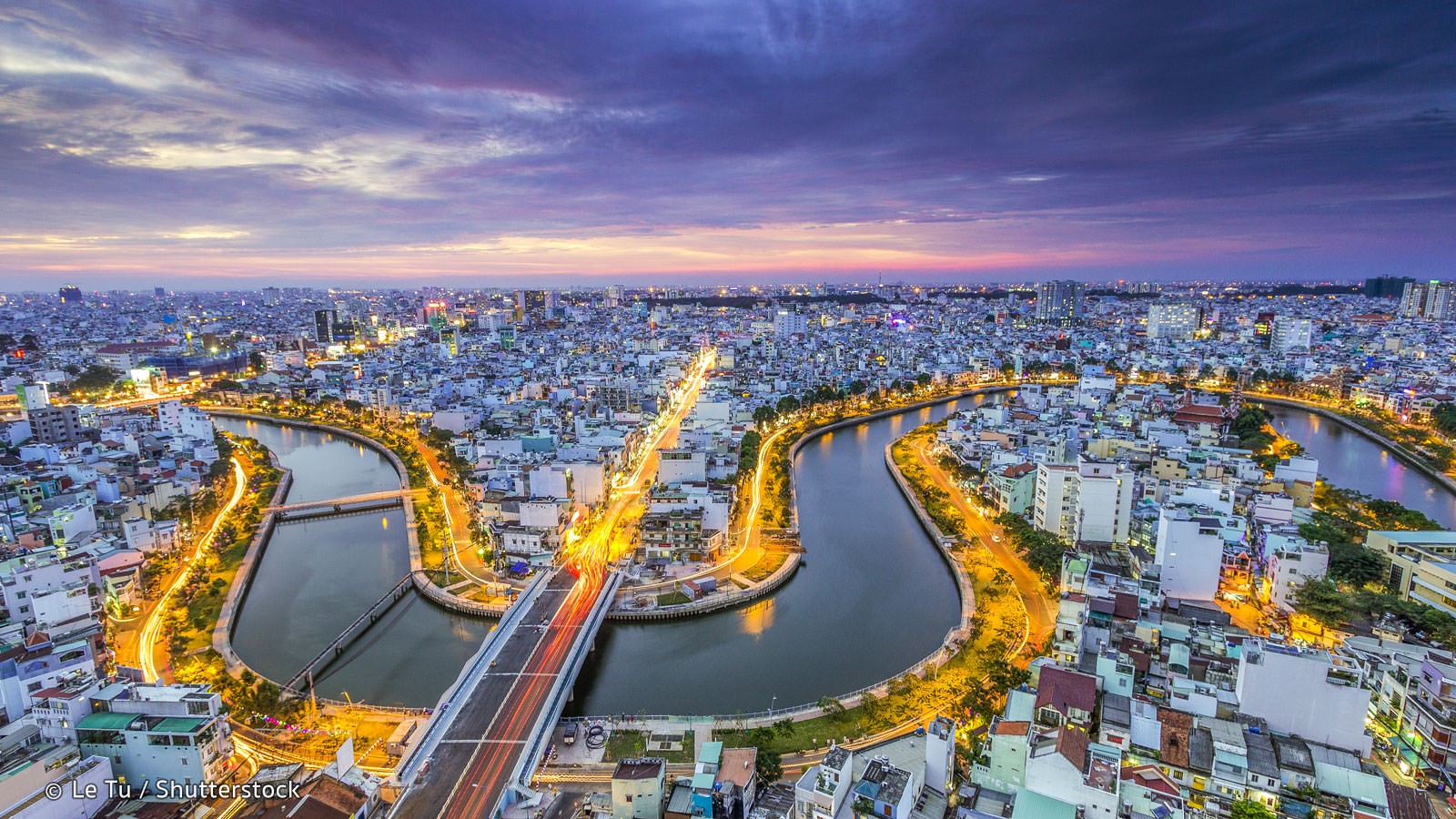The global manufacturing industry is changing. There is no doubt that China is still a huge figure, but its dominant status is shifting. Competition has been growing steadily across the world as more countries are investing in their own industries. Many other countries, notably Vietnam, are capitalizing on their geographical position and young/skilled labor to further develop their own manufacturing infrastructure, priming themselves for future growth.
Rising Labor Wages
China’s working wage has started to rise as workers have begun demanding higher wages and more tolerable working hours. Chinese factory workers’ hourly wages hit $3.60 last year, a whopping 64% rise since 2011. This is more than five times the hourly rate of manufacturers’ wages in India. As people look to save money outsourcing, China is becoming a less viable and cost-efficient option, especially for clothing and textile manufacturing.
In response to China’s ‘pay-rise’, they have refocused on advanced manufacturing, producing products such as smartphones, robots and advanced manufacturing equipment. As their manufacturing becomes more specific and technical, the market for low-cost manufacturing has opened, letting other countries take the reins.
Environment
Following years of rapid growth in China, the environment has been drastically impacted. Their environment has incurred extensive damage through dangerously high CO2 emissions (in some Chinese cities smog can even be seen from space), rising water, soil pollution from industrial waste, and not to mention the rising phenomenon regarding “cancer villages.” As heavy metal and chemical manufacturers moved into China, their Environmental Protection Legislation did not keep pace. Now, one-fifth of China’s farmland is contaminated.
Nationwide and global fear of environmental damage has drastically affected China’s reputation over the years. Other countries now present a more environmentally-friendly option – an important consideration for the more socially conscious companies of today.
Politics
The on-going trade war between the US and China has seen three rounds of tariffs imposed on Chinese goods in recent memory, ranging from 10% – 25% totaling more than $250 billion. These tariffs have covered an extensive range of consumer items and industrial items, resulting in large scale consequences for many global companies.
For example, the American multinational toy brand, Hasbro, which reportedly produces 70% of its products in China, is shifting production elsewhere to escape President Trump’s USA-China trade war. The move came from a response to the 25% tariff Trump placed on $34 billion of Chinese imports.
The uncertainty for what the future holds for trading Chinese goods is leading many organizations to move away from China as it looks becomes unreliable and unstable.
Vietnam
Another reason why China is losing its throne is due to competition from other growing manufacturing-focused countries, such as Vietnam. Many Chinese manufacturers have moved their factories to Vietnam since the early 2000’s due to the large-scale competition that exists in China - some would argue that Vietnam’s manufacturing industry is a veritable extension of China’s industry. The main reason for this move, in addition to escaping the demanding competition, is Vietnam’s geographical location. Situated on China’s southern border, Vietnam provides great access to neighbouring countries such as Laos, Cambodia and Thailand. Vietnam can quickly outsource materials for production from China, and it’s position alongside the South-China Sea means shipping by sea is a viable option – and it just so happens to be 6x less expensive than by air. Domestically its railways and highway-systems help ease the movement of materials throughout the country.
Global sports brands Adidas and Nike have recently moved their core manufacturing from China to Vietnam. In fact, Adidas has cut the amount of footwear manufactured in China by half since 2010. Footwear and other apparel such as active gear manufacturing in Vietnam have been steadily overtaking China as well.
While there are on-going issues that threaten China’s leading position in the manufacturing sector, we must not ignore China’s longstanding experience and huge population of skilled workers. However, as they do begin to lose their “throne”, other countries such as Vietnam are stepping up to become the leading manufacturers for many global companies.
Kowide Outdoors is a leading travel gear factory in Vietnam and utilizes the latest technology in active gear manufacturing, producing products such as custom backpacks and jackets. If you or your business would like to find out more about our custom backpack, down jacket, or bag manufacturing and design capabilities, please contact us today.
By - Jennifer Chen



